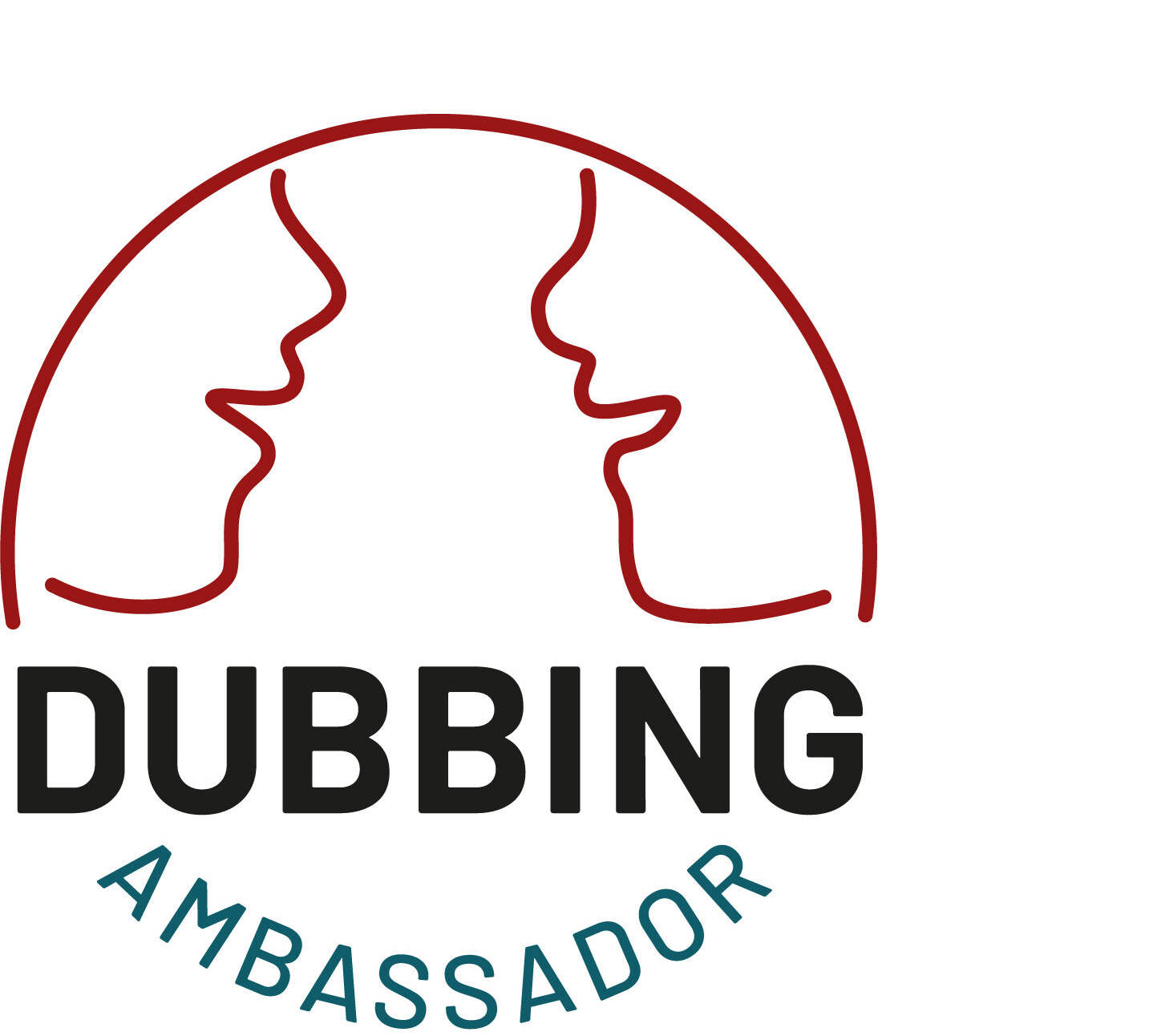Here is where dubbing gets complicated. And fun.
Let’s say you’re in England and you’re invited to someone’s house for tea. It’s November. It’s an old building and there’s a bit of a draught. The hostess – an elderly lady – and you notice this at the same time, you both wrap your scarves a bit tighter, see someone helpfully standing by the window, and simultaneously begin to say, “could you close …” You look at each other, and you say, “great minds …” The hostess chuckles ever so quietly and moves on to the other guests.
Let’s say this is a movie and I have to write the German dubbing script for this scene. The idiomatic German expression for “great minds think alike” is, “zwei Dumme, ein Gedanke.” So, I would write:
HUGH: “Zwei Dumme …”
LADY: (Mini chuckle)
As in the English version of the scene, I don’t have to finish the sentence because the situation makes everything clear. The phrase means exactly the same thing and it’s said in exactly the same situation, except, literally translated, the sentence in full would be – “two idiots, one thought.”
Now in practically every circumstance, it’s a perfectly nice thing to say to someone. The “idiots” are sarcastic, and to make sure the other person really understands, you give a bit of a wink or a smile to indicate, of course we’re not idiots, but we did have the same thought.
So – perfect translation in this instance, no?
Let’s say the elderly lady is the Queen of England.
Maybe I’m lucky and Hugh in my movie did smile, but only under very very special circumstances could you say “two idiots” to the Queen, even if you gave the widest smile and the biggest wink. So, is this a case of a very special circumstance? Or do I have to find an alternative to “zwei Dumme …”?
How do I decide? Context is everything. Facial expression – there are a million ways to smile. Body posture – might it indicate that Hugh is perhaps related to the Queen, grew up in her household, and she’s like a second mother to him? Then he might be able to say “zwei Dumme,” but perhaps only if no one is within earshot? Is it a formal reception or just a few people who look like they could be family? How big is the room? I might take into account the costume of the man by the window – he might wear a uniform that indicates whether he’s some kind of butler or footman. Maybe the film music helps. Or the background conversation. Or the simple fact that the film title has already been displayed on screen and it’s “Teatime with the Queen.”
For the time being, I can only assume that an experienced human being can make these observations and intuitive judgements faster and more precisely than even the best-trained machine.




